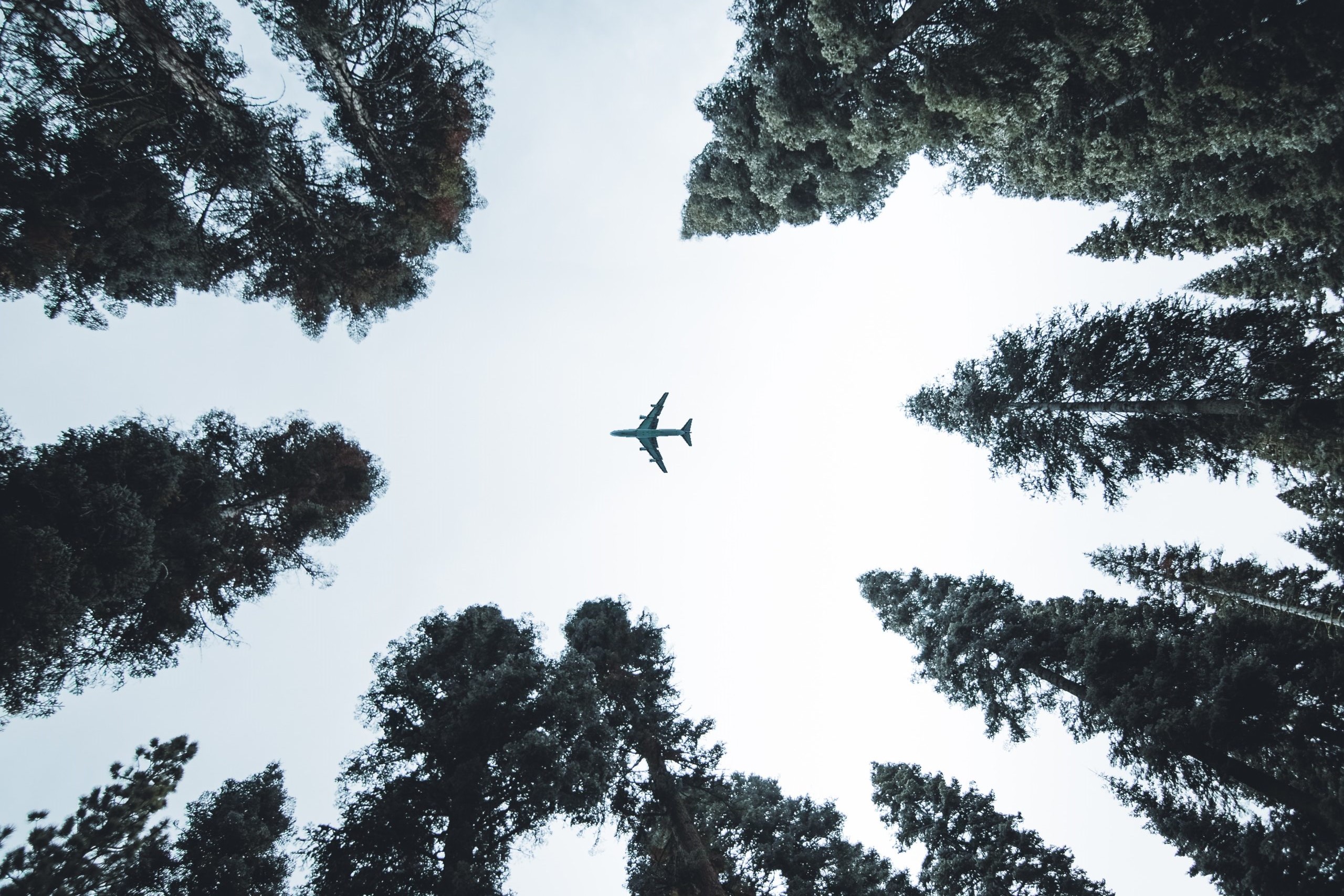Source: airBaltic
At the end of November 2023, KLM Royal Dutch Airlines, in cooperation with Business Tampere and the Latvian airlineairBaltic, joined forces to address and discuss the challenges aviation is facing and to explore more sustainable ways of flying. The event, Sustainability Forum: Shaping the Future of Aviation, the first of its kind in the city, took place in Tampere. It drew together diverse professionals and decision-makers from the fields of aviation, innovation, and environment. The forum was expertly moderated by Stephen Wright, a renowned commercial aviation expert and Professor at Tampere University.
Marja Aalto, Senior Specialist, Aviation Investments and Global Operations at Business Tampere, emphasized the significance of the event: “The Sustainability Forum in Tampere was an exceptional platform for collaboration and ideation on a sustainable future, benefiting everyone in or visiting the Tampere region.”
Soili Varpula, Country Sales Manager Finland & Baltic States at Air France–KLM, highlighted the unique geographical challenges of Finland and the essential role of aviation. “In a country akin to an island, without fast train connections, connecting regions like Tampere to the world is vital. However, we cannot overlook the environmental impact of aviation,” she said, referencing the European Union Aviation Safety Agency’s projection of a potential doubling or tripling of commercial aircraft CO2 emissions by 2050.
Zita Baranova, Head of Sustainability at airBaltic, underscored the importance of both environmental and social factors in environmental, social, and governance (ESG) considerations. “For remote regions, reducing air travel isn’t feasible. Although long-term future could bring us electric and hydrogen solutions, investing in the most efficient fleet and vigorously supporting the increase in Sustainable Aviation Fuel (SAF) production and use is our most genuine actions to sustainability today.”
Also, Maria Hagelberg, Sustainability Lead at Air France and KLM North Europe, highlighted the importance of SAF. “Our aim is to lead the way in the incorporation of SAF and to support the development of its production capabilities around the world. In 2023, the Air France-KLM Group’s airlines incorporated around 80 000 metric tons of SAF, almost doubling from 2022 levels.”
On the other hand, Mikko Viinikainen, VP Sustainability and Environment at Finavia, spoke about the readiness of airports for future sustainable aviation technologies. “Airports across Europe are evaluating the need for infrastructural development in anticipation of new power sources for aircraft, such as electric or hydrogen-based options, or the widespread use of SAF. Regardless of the technology, airports will be prepared for the sustainable future of air transport,” he explained.
The forum also discussed the creation of a joint demand for SAF to encourage collaboration among stakeholders.Anselm Eisentraut, Head of Market Intelligence & Pricing, Renewable Aviation at Neste Corporation, shared insights into Neste’s significant investments in SAF production. “We’ve invested around four billion euros to raise our SAF production capacity from 100 kilotons to 1 megaton, and further to 2.2 megatons by 2026. SAF, being a drop-in solution, facilitates substantial emission reductions without necessitating changes in airport infrastructure.”
The event highlighted that not only airlines but also passengers play a role in sustainable air travel. Small actions, such as contributing to SAF costs in bookings, packing lighter, and reducing fuel consumption, are vital steps toward greening up travel and reducing aviation’s environmental footprint.
This comprehensive forum in Tampere has set a precedent for future collaborations and initiatives in the aviation sector, focusing on sustainability and innovation.

